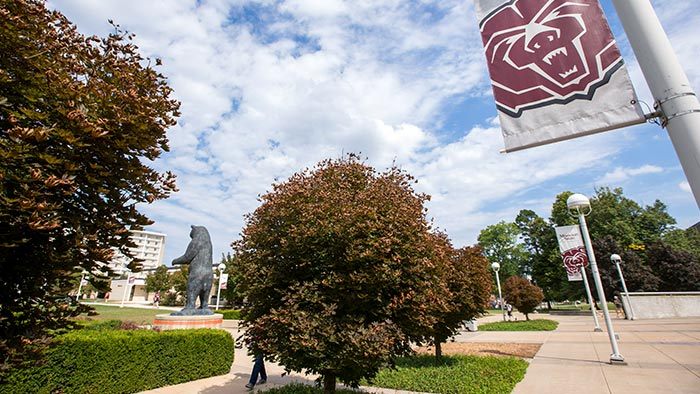Government watchdog criticizes Missouri's MSU business boot camp that excluded White males
What do you think?

A government watchdog group Tuesday requested that Missouri Attorney General Andrew Bailey investigate a tax-payer-funded Missouri State University business boot program that excluded White males.
In a letter to Bailey’s office, the Equal Protection Project (EPP) alleged that Missouri State University (MSU) was "engaging in racial- and gender-based discrimination through its sponsorship, promotion, and hosting of a small business training ‘boot camp’ that limits participation" to women and people who identify as "BIPOC" – an acronym for non-white "Black, Indigenous and Persons of Color."
MSU began accepting applications for the Spring 2023 Early-Stage Business Boot Camp program in late November. The university said the program was for "aspiring or current BIPOC and/or women small business owners who have recently started or are in the idea phase" and live in Southern Missouri.
The program ran for eight sessions (once a week for eight weeks) and concluded Tuesday. Participants were given a $3,000 stipend for transportation, childcare, or other business expenses.
Per EPP, the program was funded by a $30,000 grant from U.S. Bank Foundation for the university’s foundation for the "efactory," a technology-focused business incubator and entrepreneurial development center. Funding also came from the Missouri Scholarship and Loan Foundation.In its letter to the AG, EPP alleged that the program was racially and gender exclusionary [as] it violates a variety of state and federal civil rights laws as well as state and federal constitutional prohibitions on race- and gender-based discrimination.
"EPP called on the AG to investigate the program and take action to end such "discriminatory practices, and impose remedial relief."
The group alleges that the program is part of broader programming through MSU’s efactory and Missouri Small Business Development Center (SBDC) "that discriminates on the basis of race."
The group's letter pointed to MSU's definition of BIPOC, which recognizes the "experiences of being non-White groups in the United States under colonialism."
"Think of it, if the roles were reversed, and they said, 'this [program] is eligible only to Whites,' nobody would say, ‘Well, you didn’t specifically exclude Blacks," EPP founder and Cornell law professor William Jacobson, said. "Well, when you have a definition that excludes somebody, that’s excluding them."
It pointed to those arms of MSU that had recently partnered with other organizations to provide grants, no-cost business training, and free one-on-one assistance to business owners who identified as BIPOC.